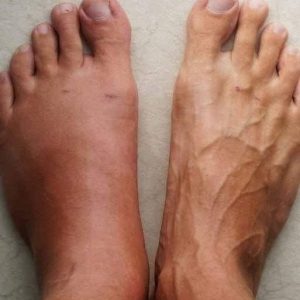Oral cancer can develop in various parts of the mouth, including the lips, tongue, inner cheeks, gums, and floor of the mouth. Early detection is crucial, as it greatly improves treatment success. Dentists and doctors stress the importance of seeking professional care at the first sign of symptoms.
Regular dental checkups are key to prevention. Experts recommend visiting a dentist or healthcare provider at least twice a year for a full oral examination. These routine visits help identify unusual changes that might otherwise go unnoticed, especially since early symptoms of oral cancer can be subtle or absent.
People who smoke or consume alcohol regularly are at higher risk for developing oral cancer. For these individuals, more frequent screenings are advised to catch any problems early.
Common warning signs include persistent sores that do not heal, unusual lumps or thickened patches, difficulty chewing or swallowing, and changes in color or texture of the mouth’s tissues. Other symptoms may include bleeding, numbness, or unexplained pain.
If left untreated, oral cancer can spread to other areas of the body, increasing health risks. Early diagnosis significantly boosts the chances of successful treatment and recovery.
Oral cancer progresses through stages—from localized growth in the mouth to advanced cases where it spreads beyond the oral cavity. Treatment depends on the cancer’s stage and may involve surgery, radiation therapy, chemotherapy, or a combination of these.
Specialists like Dr. Sajjan Rajpurohit emphasize that awareness and regular monitoring are vital. By recognizing symptoms early and maintaining routine screenings, patients improve their odds of effective treatment and better long-term outcomes.




